Astronomy
-
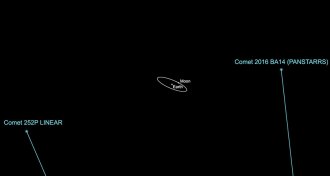 Astronomy
AstronomyTwo chunks of the same comet buzzing Earth this week
Two comets, one a possible fragment of the other, will slip past Earth on March 21 and 22.
-
 Astronomy
AstronomyQuasars’ distance no longer in question
Astronomers now know quasars live around black holes in remote galaxies, but 50 years ago, one researcher argued they were much closer.
-
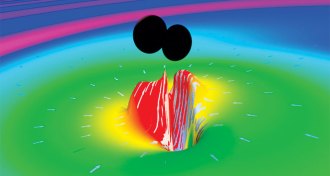 Astronomy
AstronomyBlack hole smashup generated yottawatts of power
For a split second, LIGO’s black hole collision generated 36 septillion yottawatts of power, or 50 times the power from all the stars in the universe.
-
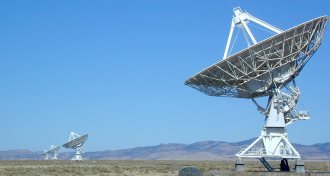 Astronomy
AstronomyA fast radio burst’s home galaxy may not be known after all
The recently claimed host galaxy of a fast radio burst may have been signs of a snacking black hole instead, study claims.
-
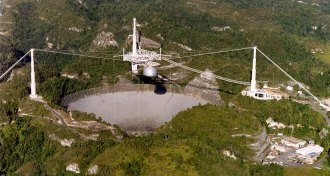 Astronomy
AstronomyRepeating fast radio bursts recorded for the first time
Until now, ephemeral blasts of radio waves from other galaxies have never repeated; this one erupted 10 times last year.
-
 Astronomy
AstronomyAstronauts set to return to Earth after nearly a year in space
Scott Kelly and Mikhail Kornienko are scheduled to return Earth on Tuesday after a record-setting 340 days in space.
-
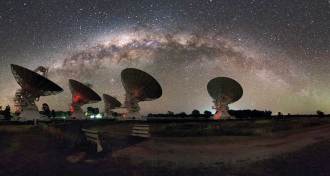 Astronomy
AstronomyFast radio burst tracked to its galaxy of origin
After years of searching, astronomers finally track an elusive cosmic radio signal to its home: a galaxy about 6 billion light-years away.
-
 Astronomy
AstronomyBlack hole heavyweights triggered gravity wave event
Those gravity waves came from two black holes more massive than any known outside a galactic core and formed in an environment different than the Milky Way.
-
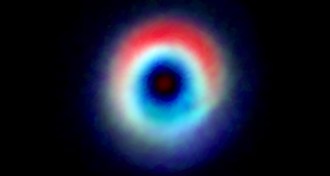 Astronomy
AstronomyPlanets may emerge from stellar duo gathering icy dust
Gas freezing onto dust grains around a binary star could be setting up a site where comets or even planets might someday form.
-
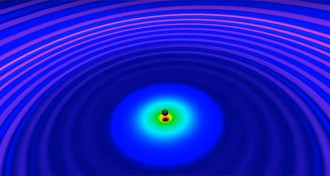 Physics
Physics‘Gravity waves’ is an OK way to refer to gravitational radiation
There’s not lexicographical basis for complaints that ‘gravity wave’ is incorrect usage for gravitational waves.
-
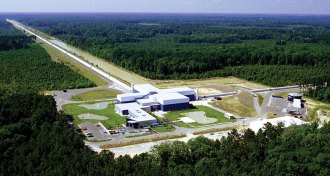 Physics
PhysicsThe long road to detecting gravity waves
Thanks to two colliding black holes, Einstein's historic prediction of gravitational waves disturbing the fabric of spacetime has finally been realized.
-
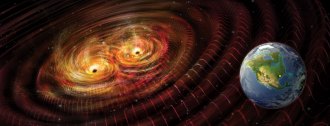 Physics
PhysicsGravitational waves explained
Colliding black holes send ripples through spacetime that can be detected here on Earth. What are these gravitational waves, and how did Advanced LIGO detect them?